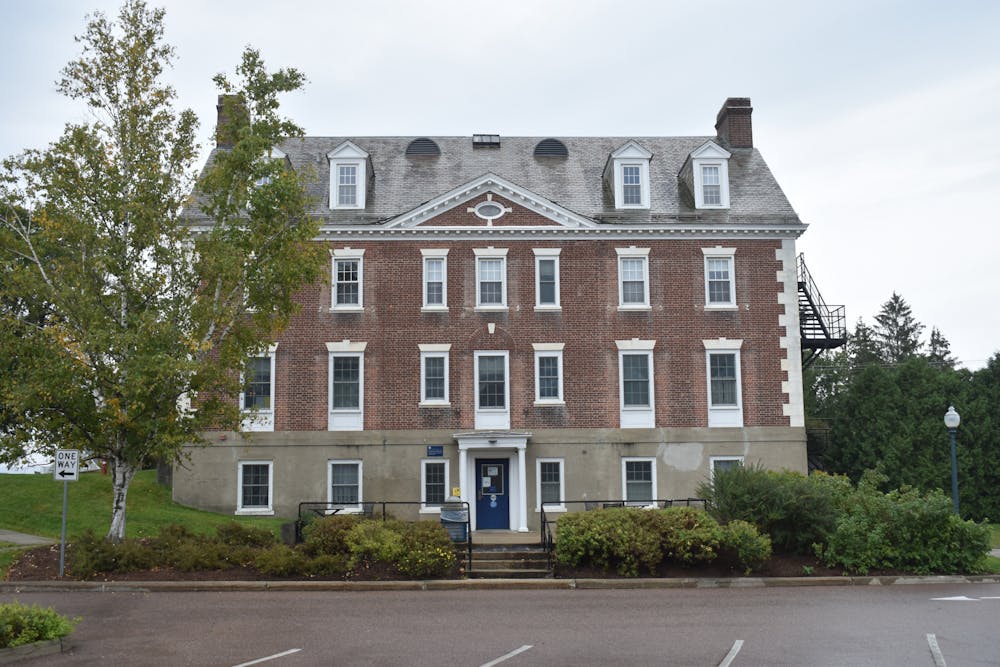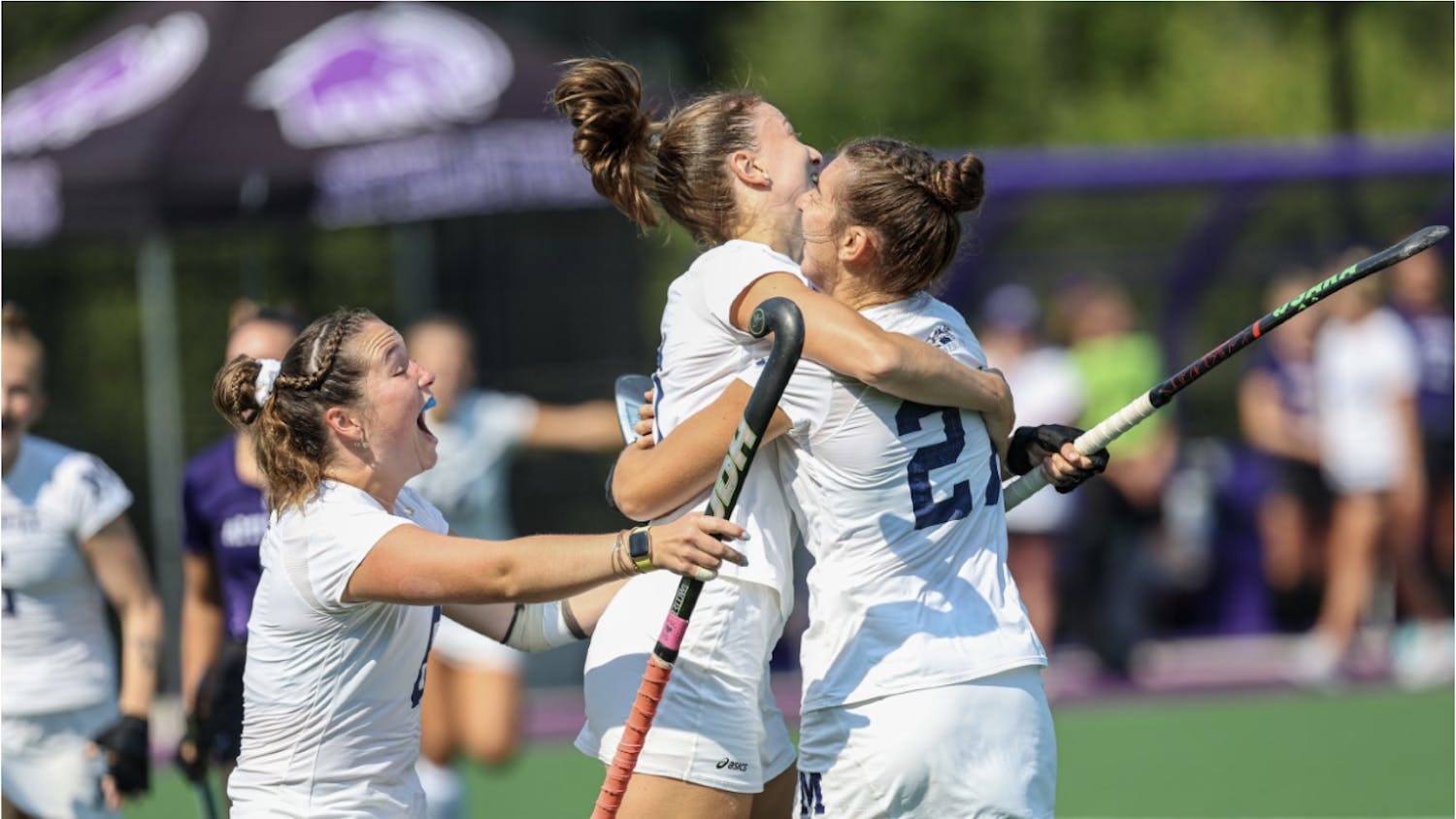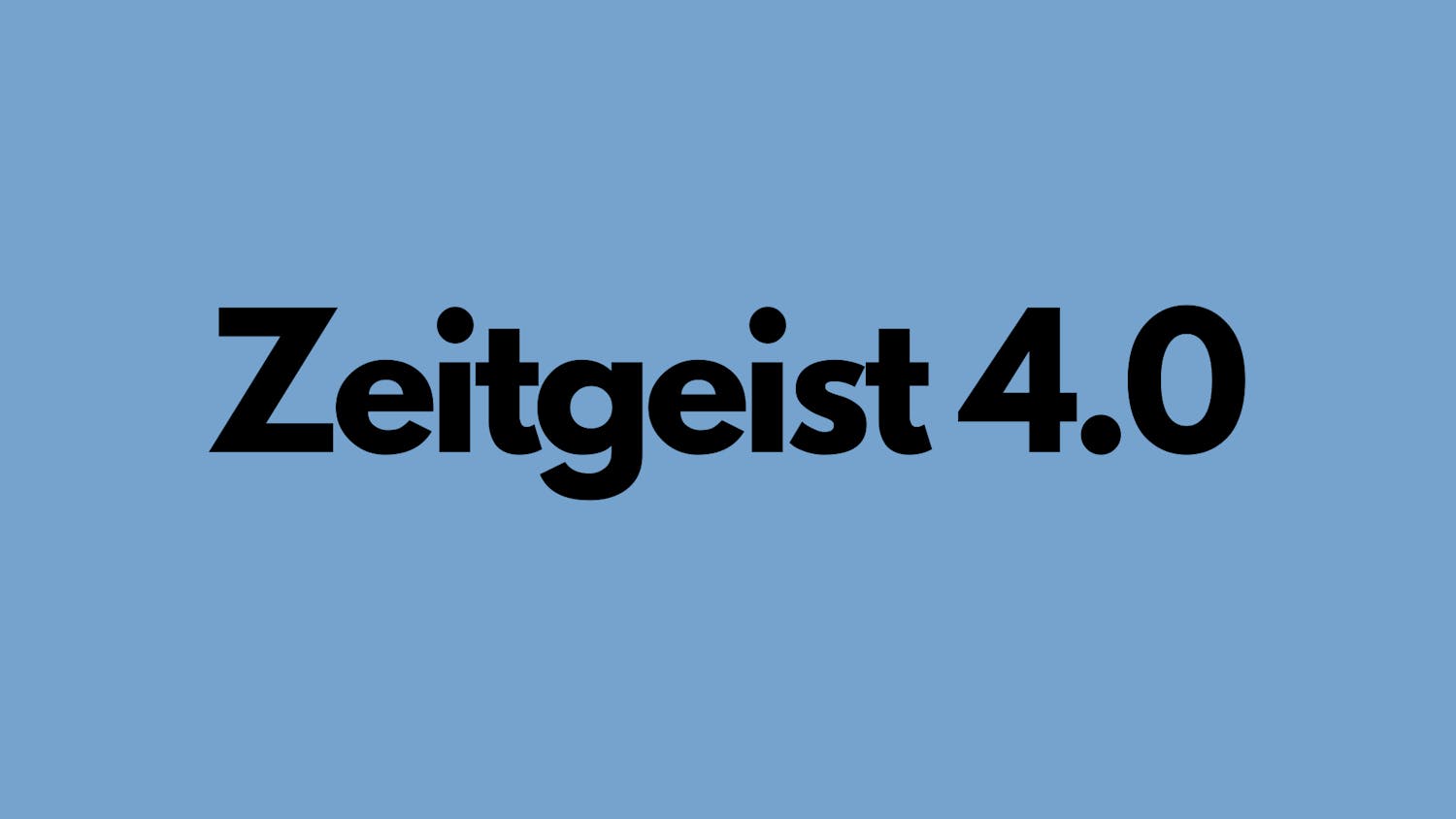The beginning of the fall semester at Middlebury has ushered in a new iteration of Covid-19 guidelines, which are less restrictive than those of the past two years and suggest a return to a sense of normalcy on campus.
“The Covid-19 outlook is an optimistic one for our campus and the greater community,” Chief Health Officer and College Physician Mark Peluso said in an email to The Campus. “We have learned a great deal about pandemic management in these past couple of years.”
Among the new guidelines are an updated mask policy, which gives individuals a choice regarding the use of masks but allows faculty and individual departments to mandate the use of masks in gatherings, meetings and other scenarios where they deem them necessary. Additionally, masks continue to be required in the Parton Center for Health and Wellness, during the 10-day Covid-19 recovery period and for those in isolation or quarantine when leaving the room for permissible reasons.
The requirements for isolation have also been amended in accordance with updated recommendations from the Center for Disease Control and Prevention (CDC). For those who have tested positive for Covid-19, the isolation period lasts five days, beginning on “Day Zero” — the day when symptoms were first observed or when the positive test was taken. Those who have tested positive for Covid-19 must continue to get to-go meals and wear a mask around others for an additional five days after their isolation period has concluded.
A notable change from the previous year includes the omission of the Covid-19 case tracking dashboard from the college’s website, which was used to update the Middlebury community on the number of student and faculty cases.
In his email to The Campus, Peluso explained the college’s reasoning for not continuing to update the Covid-19 case dashboard this fall.
“Online dashboards have fallen out of favor at many institutions largely due to changes in viral transmission dynamics, vaccination effects and an emphasis on CDC community level metrics such as hospitalization rates and capacity,” Peluso said. “In general, home testing availability led to diminished accuracy of the many dashboards, and thus diminished utility.”
At Amherst College, a peer institution to Middlebury, the Covid-19 dashboard is updated every business day with the number of self-reported and PCR tests for their faculty, staff and students. At the University of Vermont (UVM), however, the dashboard was discontinued this fall and routine surveillance testing is not available on campus.
Peluso further explained that the policies of the college with regard to reporting cases followed the Vermont Department of Health’s decision to move away from a more granular case count method and into a more holistic, weekly reporting method.
The college’s current Covid-19 policies have been welcomed by many in the student body. Samuel Robertson ’26 felt that the flexibility of the masking and social distancing policies was quite reasonable and a hopeful remembrance of what school was like prior to the pandemic, but noted that the burden of responsibility to keep others safe falls almost entirely upon the students now.
“When I came to Midd, I expected the Covid-19 policies to be more stringent. I was surprised by how lax it is, but I think it makes sense — we’re all ready to go back to normal and it seems like the administration thought it through,” Robertson said. “It’s still a little disconcerting to find that our individual decisions are really the only thing preventing us from getting Covid-19. I myself had to choose not to ride in a car with someone who, very recently, had had Covid-19, and that was kind of weird.”
Christopher Fridlington ’24 commended the revision to the policies, and said he felt that ending mandatory-masking and moving to a more individual approach is the correct trajectory for the school. He said the changes would alleviate confusion resulting from what he considered the relative inconsistency of last year’s Covid-19 requirements.
“It’s also been nice to be able to see the facial expressions of my peers and professors in classes,” Fridlington added. “I’ve noticed that professors are more aware of what we are or are not understanding based on our expressions and have made adjustments in their instruction accordingly.”
But with students and other Middlebury community members continuing to test positive for Covid-19, many do not feel it is time to fully relax restrictions. Some faculty have continued to require masks in their classrooms. The Robert A. Jones ’59 House, home to the Rohatyn Center for Global Affairs, still requires everyone to wear face coverings while inside. Additionally, the admissions office at Emma Willard House mandates masks for visitors, staff and students.

Cole Chaudhari '26 (he/him) is the Senior News Editor.
Cole has previously served as a Managing Editor, News Editor, Copy Editor, and Staff Writer. He is majoring in History and English Literature, and spends his time outside of the newsroom reading about sound reproduction technologies and making field recordings. This past summer, he taught high schoolers at a summer program at a boarding school in New Hampshire.




